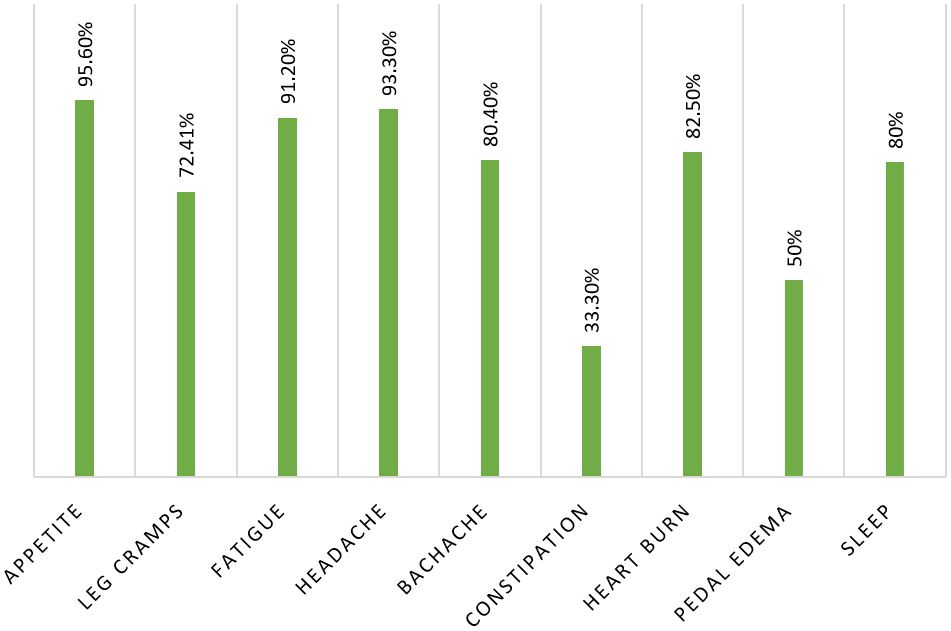Role of Ashwagandadhi Ksheera Paka and its influence on Maternal and Foetal Weight during Pregnancy
DOI:
https://doi.org/10.21760/jaims.10.4.3Keywords:
Ashwagandadhi Ksheerapaka, Maternal health, AyurvedaAbstract
Background: Ashwagandadhi Ksheera Paka, a traditional Ayurvedic preparation, which is rich in protein, is been used for its potential benefits during pregnancy. However, its impact on maternal and foetal weight gain has not been thoroughly studied.
Objective: This study aims to evaluate the effect of Ashwagandadhi Ksheera Paka administration on maternal and foetal weight gain in pregnant women during the 6th and 7th month of pregnancy along with the analytical study of Ashwagandadi Ksheerapaka.
Materials and Methods: Twenty pregnant women were given Ashwagandadhi Ksheera Paka for two months i.e., 6th and 7th month. Maternal weight gain was monitored every 15th day, and fetal weight gain was estimated via ultrasound. Observations were recorded to assess the correlation between the administration of the Ksheera Paka and weight changes.
Results: The administration of Ashwagandadhi Ksheera Paka was associated with a statistically significant increase in both maternal and foetal weight over the two-month period. Analytical Study revealed the presence phytochemicals & presence of protein concentration higher in its hydroalcoholic extract.
Conclusion: The findings suggest that Ashwagandadhi Ksheera Paka may contribute positively to maternal and foetal weight gain during pregnancy. Further studies with larger sample sizes are recommended to confirm these results.
Downloads
References
Myer ML, Bullard L, Beasley VL, Gentile D. Embryonic and fetal development. Columbia (SC): South Carolina Department of Health and Environmental Control; 2015. [Meeting the requirements of the SC Women’s Right to Know Act].
American College of Obstetricians and Gynecologists. Committee Opinion No. 548: Weight gain during pregnancy. Obstet Gynecol. 2020;135(2):e44-e52. doi: 10.1097/AOG.0000000000003664.
Meghna PP, Surendran E, Sumedhan V, Sinimol T. A critical review of Garbhini Ksheerapakas mentioned in Ayurvedic texts of Kerala. J Ayurveda Integr Med Sci. 1970 Jan 1.
Angadi R. Bhaishajya Kalpana Vigyan. Varanasi: Chaukambha Surbharati Prakashan; 2016. p. 105-106.
Shastry JLN. Illustrated Dravya Guna. Vol II. Varanasi: Chaukhambha Orientalia; 2012. p. 375-380.
Shastry JLN. Illustrated Dravya Guna. Vol II. Varanasi: Chaukhambha Orientalia; 2012. p. 152-155.
Shastry JLN. Illustrated Dravya Guna. Vol II. Varanasi: Chaukhambha Orientalia; 2012. p. 437-442.
Vaidya BG, editor. Nighantu Adarsha. Vol 1, Arka Varga. 1st ed. Varanasi: Chaukhambha Publication; 2007. p. 19-21.
Vaidya BG, editor. Nighantu Adarsha. Vol 1, Palashadi Varga. 1st ed. Varanasi: Chaukhambha Publication; 2007. p. 398-403.















